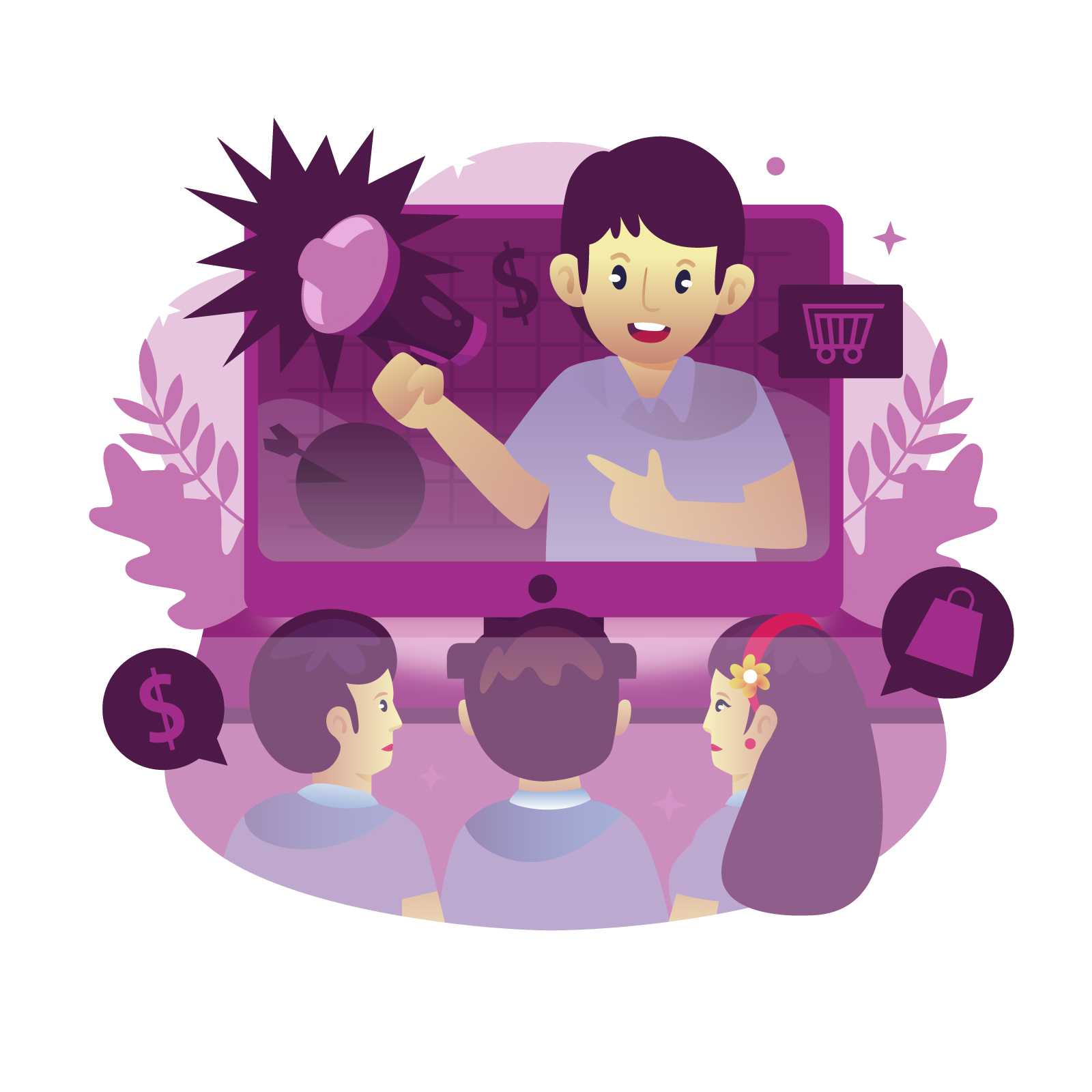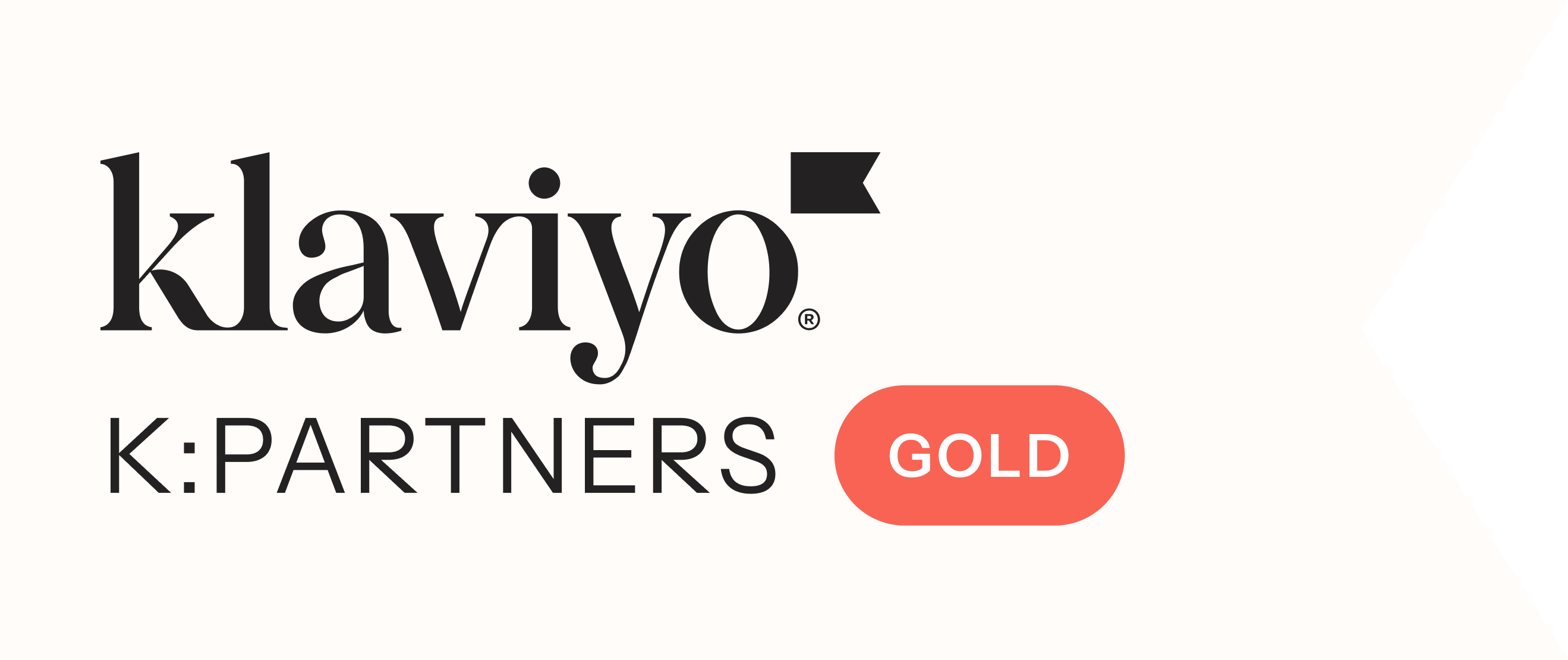OpenAI, the AI powerhouse behind ChatGPT, is reportedly preparing to launch a revolutionary web browser powered by artificial intelligence.
According to Reuters and other sources, this browser will not just display web pages, it will interact with them on behalf of users. This step could mark a significant pivot in how we use the internet.
What Makes OpenAI’s Browser Different?
Unlike traditional browsers, OpenAI’s offering is expected to feature:
- Built-in AI Agent (Operator): Can perform tasks such as booking reservations, filling forms, and completing routine online tasks.
- Native ChatGPT Interface: Seamlessly embeds the chatbot within the browsing experience and removes the need to navigate to ChatGPT’s site.
- Agentic Behaviour: Helps the world move toward a future where AI doesn’t just assist, it acts on behalf of users.
This concept goes beyond mere search or summarisation. It hints at AI agents living inside the browser, making decisions and navigating the web autonomously for the user.
OpenAI’s Browser Powered by Chromium: Key Features
OpenAI’s browser will be built on Chromium, Google’s open-source browser codebase.
This same base powers:
- Google Chrome
- Microsoft Edge
- Opera
By using Chromium, OpenAI ensures compatibility with modern web standards while bypassing the monumental challenge of building a browser engine from scratch.
Why Is OpenAI Planning To Launch The Browser?
OpenAI’s decision to create a browser instead of a plugin isn’t just technical; it’s a strategic move for data, autonomy, and control.
According to sources:
- User Data Access: A custom browser gives OpenAI control over data, key to refining its AI models.
- User Control: Enables richer integration of AI tools, beyond the limitations of plugin-based extensions.
- Autonomy Over Functionality: Control over design and feature development for deeper AI integration.
In effect, OpenAI is creating its own platform, just as Google did with Chrome to dominate search.
How Will OpenAI’s Browser Impact Advertisers?
The launch of OpenAI’s AI-powered web browser could significantly impact advertisers in the Google Ads ecosystem. Here’s how:
1. Reduced Google Ad Inventory & Fewer Clicks
OpenAI’s browser keeps users within a chat‑based interface (powered by its “Operator” AI). That means fewer page loads and click-throughs to publishers or advertisers served via Google Ads.
2. User Attention Shifts To AI Interfaces
OpenAI can integrate ads or commerce into conversational outputs. No need for traditional banners and search ads.
3. Loss of Data Control & Weaker Targeting
OpenAI’s browser bypasses Google’s Chrome + Search + Ad ecosystem and reduces the precision of ad targeting by capturing user intent directly in-app.
4. Emergence of Competing Ad Platforms
OpenAI could build its ad network within the browser, breaking the duopoly and giving advertisers alternative buying options.
5. Acceleration of Browser & Antitrust Shifts
Antitrust scrutiny of Google’s bundling of Chrome+Search could force unbundling or divestment. Advertisers may need to adjust their strategy.
What Should Advertisers Do Now?
1. Diversify Beyond Google
Advertisers should begin testing and expanding their presence on emerging chat-centric platforms and AI-native browsers.
2. Prepare for AI-Native Ads
Get ready for new formats like sponsored chat suggestions or API-based real-time bidding integrated within AI responses.
3. Shift Measurement Focus From Clicks to Intent
Prioritise conversion tracking and predictive modeling, such as time spent engaging with AI, voice interactions, and final conversion, over CTR-based metrics.
4. Engage Publishers Early
Collaborate with high-value publishers to appear in AI-generated summaries or pay for placement in conversational responses. Early deals can secure visibility.
5. Monitor Industry Shifts and Regulatory Developments
Track user adoption of the OpenAI browser and related regulatory shifts, especially antitrust actions affecting Chrome. Stay agile.
The Threat to Google’s Ad Empire
Google Chrome holds ~65% of the global browser market and feeds data into Google’s powerful advertising engine, responsible for ~75% of Alphabet’s revenue. OpenAI’s browser threatens this model by:
- Retaining user interactions inside the AI interface, reducing ad impressions.
- Disintermediating search, as users may never see Google’s search engine or ads.
- Offering AI-powered discovery, making traditional link-based search less relevant.
With 500 million weekly active users on ChatGPT, even a modest adoption rate of OpenAI’s browser could significantly erode Google’s dominance.
Rising AI Browsers: A Crowded, Competitive Space
OpenAI isn’t the only player exploring AI-powered web browsing:
- Perplexity AI just launched Comet, a $200/month Chromium-based AI browser.
- Brave and The Browser Company have introduced summarisation and AI assistants.
- Microsoft Edge has integrated Bing AI and Copilot features.
But OpenAI’s dominance in the AI space, brand recognition, and ecosystem integration could give it an edge, especially if it delivers truly agentic, action-oriented functionality.
A Long Time Coming: Signals from the Past
OpenAI’s browser ambitions aren’t new. Key signs include:
- Hiring two former Google VPs who helped create Chrome.
- Adding a built-in search engine within ChatGPT last year.
- Exploring plugins and third-party tool integrations as early prototypes of broader web functionality.
Building its own browser is a logical evolution, not a sudden leap.
What Lies Ahead: The Agentic Future
This browser could be the gateway to an AI-first internet. With ChatGPT evolving into a platform for personal and professional productivity, a browser:
- Becomes the default surface where AI interacts with the real web.
- Allows multi-step tasks to be automated end-to-end (e.g., plan trip → compare flights → book hotel).
- Introduces "agentic workflows", where the browser thinks and acts for users.
It’s not just a browser. It’s an interface to the world, filtered, interpreted, and navigated by AI.
Challenges Ahead
Despite the excitement, OpenAI faces major hurdles:
- Chrome’s dominance: With 3 billion users, dislodging Google will be a monumental task.
- Trust and privacy concerns: AI agents with full web access raise questions about security and oversight.
- Monetisation: OpenAI must balance user value with sustainable business models.
- Regulatory scrutiny: As seen in the DOJ’s lawsuit against Google, the browser space is under legal watch.
Conclusion: A Browser Built for the AI Age
OpenAI’s upcoming browser could reshape how we interact with the internet. By embedding a powerful AI agent into a native browser experience, OpenAI is aiming to redefine what browsing even means. This is not an incremental change. It’s a bold step into an agentic future where AI doesn’t just help us use the web, but uses it for us.
If successful, this browser won’t just challenge Chrome. It could challenge the very foundations of how the web operates.
Need a fresh perspective? Let’s talk.
At 360 OM, we specialise in helping businesses take their marketing efforts to the next level. Our team stays on top of industry trends, uses data-informed decisions to maximise your ROI, and provides full transparency through comprehensive reports.












.png)




